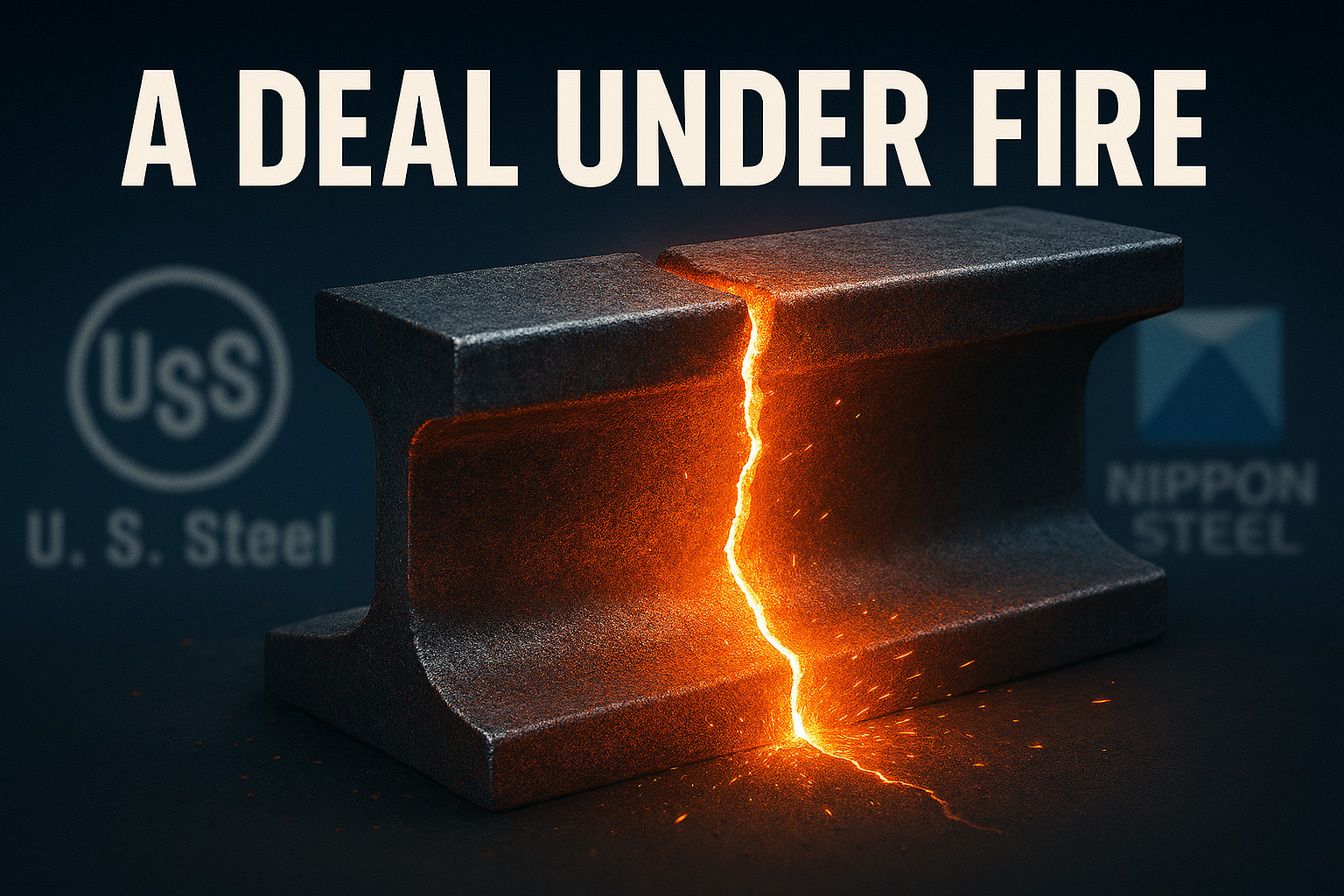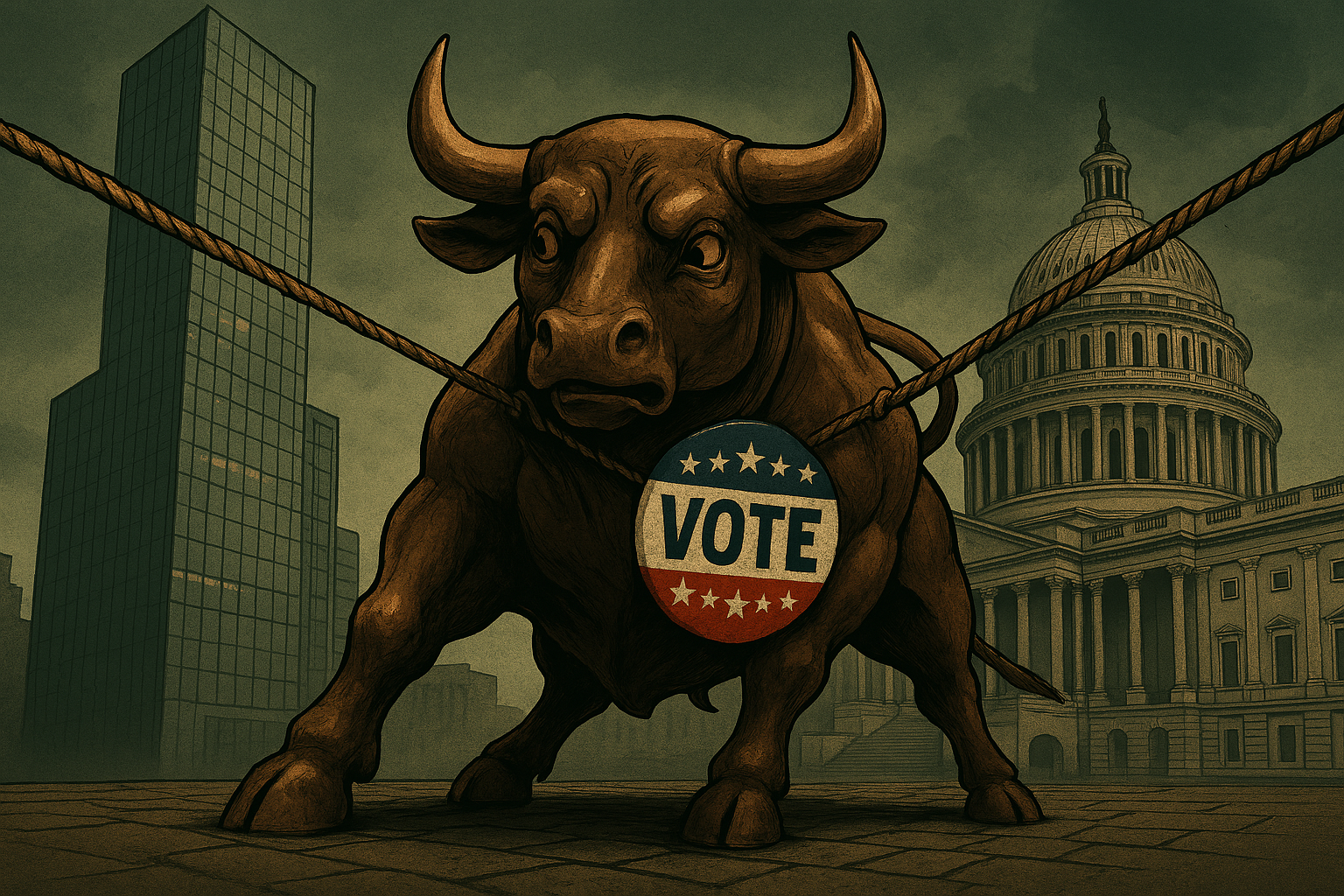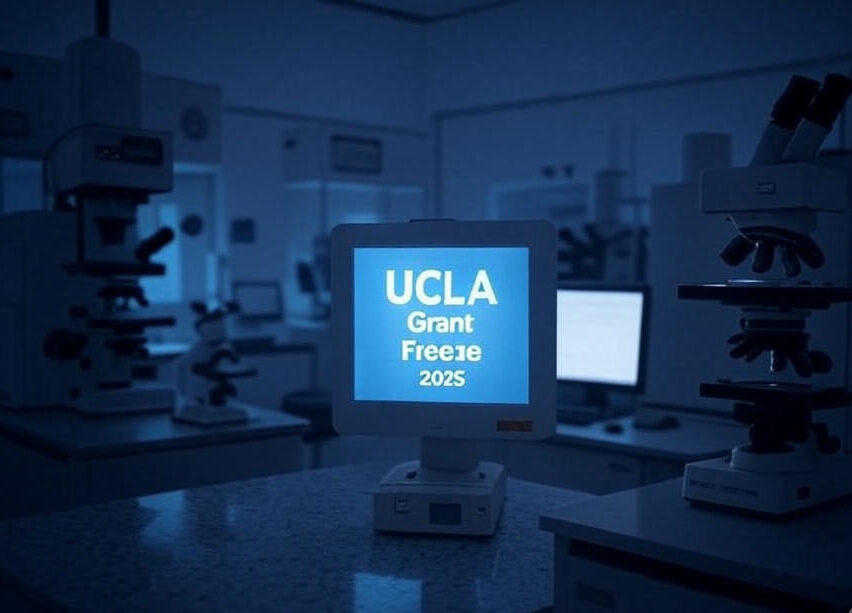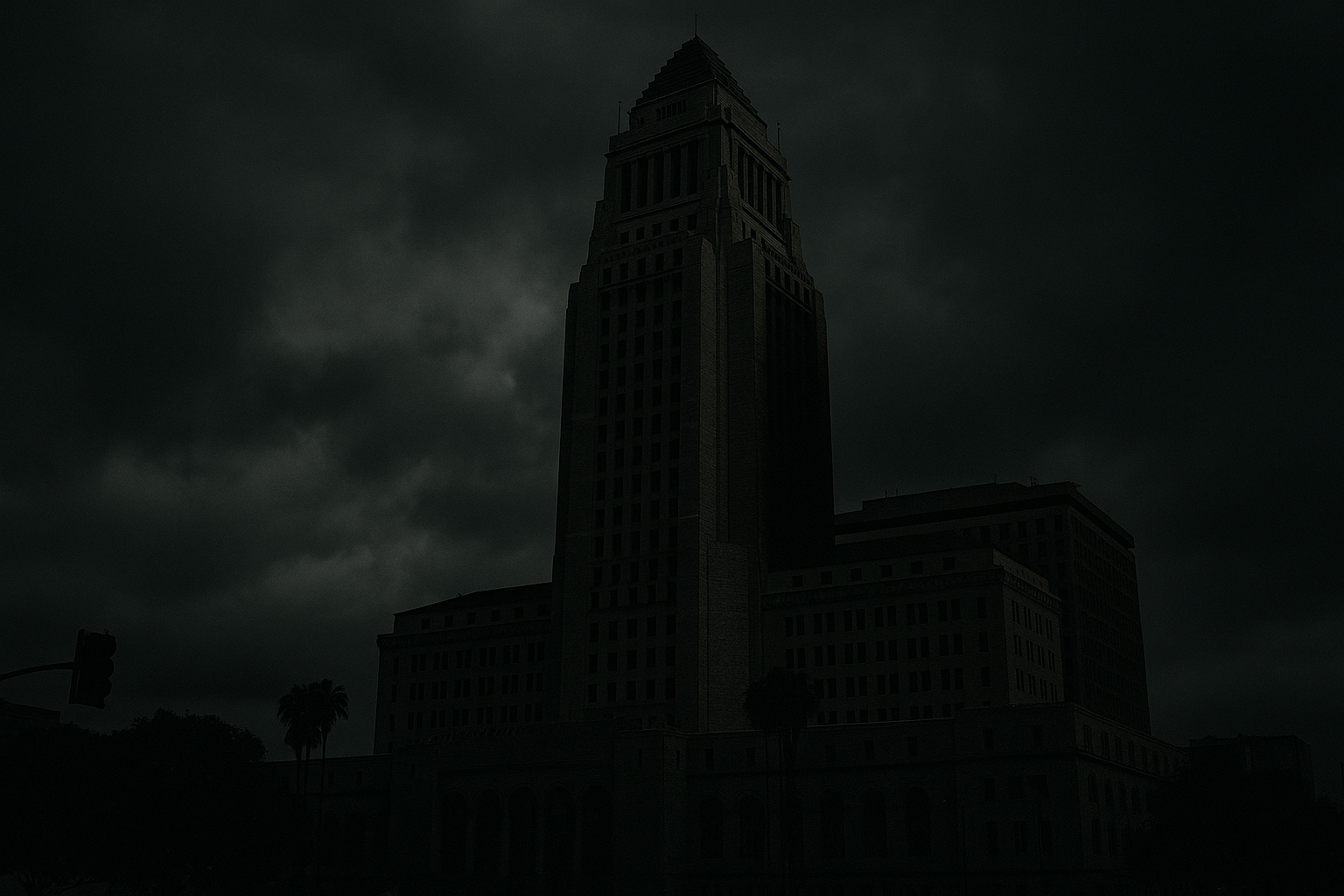U.S. Steel Explosion Rocks Plant, Posing Challenge to Nippon Deal

U.S. Steel Explosion Impact: Blast Rocks Plant, Posing New Challenge to Nippon Deal
A massive explosion at a U.S. Steel facility in Granite City, Illinois, has halted production, injured several workers, and created a significant new challenge for Nippon Steel’s pending acquisition of the iconic American company. The blast, which occurred at one of the plant’s blast furnaces, is not only a tragic industrial accident but also a major test of the U.S. Steel-Nippon deal, amplifying existing union concerns and raising questions about the operational risks the Japanese steel giant is about to inherit.
The U.S. Steel explosion impact will be felt on multiple fronts, from immediate supply chain disruptions to heightened regulatory scrutiny. For Nippon Steel, this incident turns a theoretical risk into a costly, real-world problem right in the middle of a politically sensitive takeover.
Granite City Steel Mill Safety Under Scrutiny
The explosion has put a harsh spotlight on the issue of Granite City steel mill safety. According to initial reports, the incident involved a blast furnace, a critical and inherently dangerous piece of heavy manufacturing equipment. Several workers were hospitalized with injuries, and the entire facility has been shut down pending a full investigation by federal and state agencies, including the Occupational Safety and Health Administration (OSHA).
This incident raises critical questions about the state of U.S. Steel’s infrastructure. Analysts will be watching closely to see if the investigation reveals any issues with deferred maintenance or inadequate capital investment in the plant’s aging facilities—a concern that has long been a talking point in the steel industry.
New Ammunition for United Steelworkers Union Concerns
The explosion provides powerful new ammunition for the United Steelworkers (USW) union, which has been vocally opposed to the Nippon Steel acquisition from the start. The union has consistently argued that a foreign owner might not be fully committed to the long-term safety and well-being of the American workforce.
The USW is now certain to leverage this incident to amplify its concerns, arguing that it underscores the importance of having owners who prioritize reinvestment in plant safety over shareholder profits. “This tragic accident is a painful reminder of what’s at stake,” a USW representative stated. “We need commitments, not just promises, that our plants will be safe. This raises serious questions about the due diligence done by both companies.”
The Nippon Steel Acquisition Challenges Deepen
For Nippon Steel, the timing could not be worse. The company is already navigating a complex political landscape, trying to win over skeptical lawmakers and a hostile union. This explosion adds a significant operational and financial headache to its list of Nippon Steel acquisition challenges.
The key challenges now include:
- Financial Costs: The cost of repairing the blast furnace, covering lost production, and any potential regulatory fines will be substantial.
- Regulatory Hurdles: The incident guarantees increased scrutiny from regulators who must approve the merger. They will now be asking tougher questions about Nippon’s plans for capital investment and workforce safety across all U.S. Steel facilities.
- Public Relations Crisis: The explosion creates a negative narrative around the deal, reinforcing the union’s argument that the focus should be on fixing existing problems before approving a foreign takeover.
Conclusion: A Deal Under Fire
The explosion at the Granite City plant is a stark illustration of the immense steel industry operational risks. It has transformed the debate over the U.S. Steel-Nippon deal from a conversation about economics and politics to one about the fundamental safety and security of its workers. Nippon Steel now faces the daunting task of reassuring regulators, a skeptical union, and the American public that it is prepared to make the massive investments needed to ensure such a disaster doesn’t happen again. The future of this mega-deal may now depend on it.









